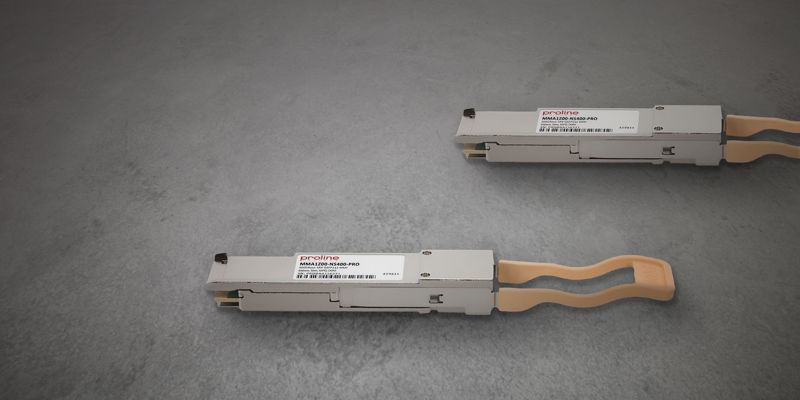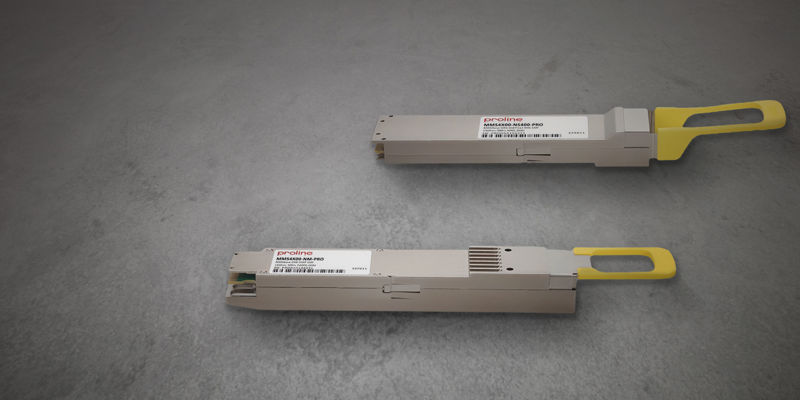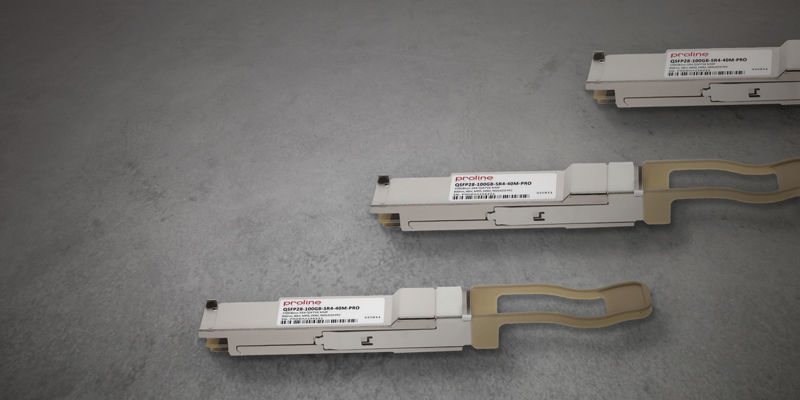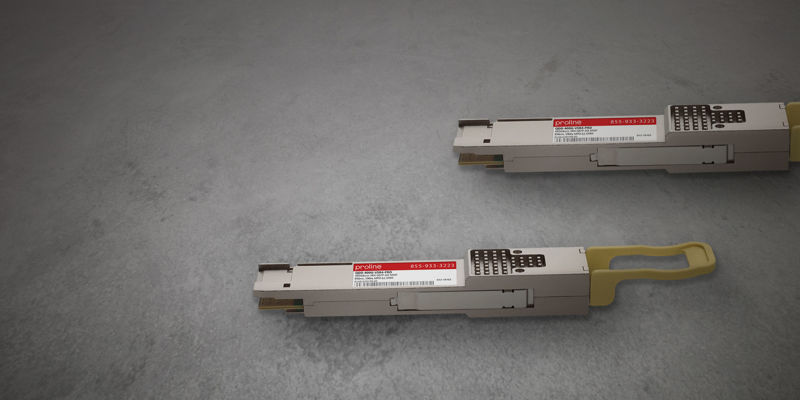State & local government agencies access General Services Administration (GSA) schedules
State and local government agencies such as public safety, municipalities, school districts, and public health spend the vast majority of their IT funds on operation and maintenance of legacy networks despite demanding data flows. These agencies often turn to GSA schedules to procure goods and services. Benefits include:
- Pre-vetted contractors
- Pre-negotiated terms
- Competitive pricing
- Wide range of emerging technologies and innovative solutions
GSA contracts require compliance with the Trade Agreements Act (TAA)
TAA requires that products originate from the United States or any other country listed in the Act. A failure to comply with TAA provisions can result in awarded bid cancellations, expensive fines and exclusion from federal contracting.
Sourcing TAA compliant IT is challenging because most electronic manufacturers are overseas and do not qualify as a TAA approved country. Understanding the requirement and how to overcome them is part of creating a compliant supply chain.
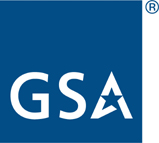 | 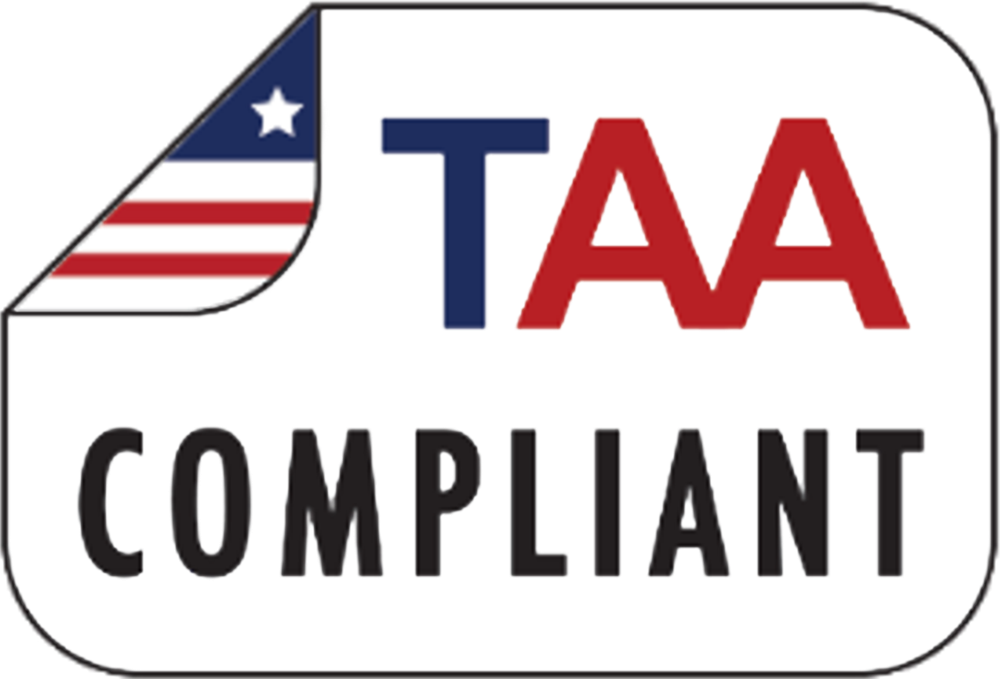 |
|---|
What is TAA?
TAA refers to the Trade Agreements Act (19 U.S.C. § 2501—2581), which is intended to foster fair and open international trade. TAA requires that products must be produced or undergo “substantial transformation” within the United States or a designated country, including countries that have reciprocal trade agreements with the United States, Caribbean Basin countries and certain “least developed” countries.
The stated purposes of the TAA are:
- Approve and implement the trade agreements negotiated under the Trade Act of 1974
- Foster the growth and maintenance of an open world trading system
- Expand opportunities for the commerce of the United States in international trade
- Improve the rules of international trade and to provide for the enforcement of such rules, and for other purposes[1]
The TAA applies a rule-of-origin requirement to the end product being supplied and requires that end products acquired by the Government must be “wholly the growth, product or manufacture” of the U.S. or of a designated country, or “substantially transformed [in the U.S. or a designated country] . . . into a new and different article of commerce with a name, character, or use distinct from that of the article or articles from which it was transformed.”
China and other manufacturing countries are not approved by TAA. This presents a significant challenge when sourcing IT solutions.
When does TAA apply?
TAA compliance applies to and is outlined in federal procurement contracts such as GSA (General Service Administration, IDIQ (Indefinite Delivery, Indefinite Quantity) and most DOD (Department of Defense) contracts.
TAA is also applicable to all orders regardless of the dollar amount. It was thought that TAA only applied to the schedules threshold (currently at 200,000 for goods and services), but according to the Act, “only US-made or designated country end products shall be offered and sold under Schedule contracts.”
Translation: all products under GSA Schedules need to be TAA compliant. TAA requirements are built into GSA Schedule contracts, IDIQ contracts and most DOD contracts.
TAA requirements are outlined in all GSA Schedule contracts as well as IDIQ and DOD contracts.
What are the penalties for failing to comply with TAA?
TAA had once been known for not being strictly enforced, but recently the government has made TAA compliance a priority. TAA audits have led to extensive fines, suspension and complete removal from Schedule contracts.
Even though these contracts provide access to billions in government expenditures, they carry a significant amount of responsibility and regulatory compliance. Some vendors have resorted to policing their competitors and using TAA compliance to lodge bid protests and invalidate awarded business. Many “whistle blower” lawsuits have also been filed from competitors and former employees.
These cases are often settled to avoid negative publicity and further scrutiny or barring from government auditors. The short-term financial settlement of these cases typically outweighs the long-term risk of losing government business.
Do I need to worry about TAA if I’m not a contractor?
If you don’t have a GSA schedule contract but sell to a distributor or contractor that does, you will find that they won’t buy products that aren’t guaranteed to be TAA compliant. With the increasing exposure of TAA compliancy, you will need to understand TAA rules as well as how to certify and guarantee TAA product for your customers.
Some contractors and distributors might ask to be indemnified if damages arise from noncompliance. In addition to fines and negative publicity, companies found in violation of TAA invite further scrutiny by government auditors.
How can I tell whether a product is TAA-compliant?
Determining whether a product is TAA compliant isn’t as simple as looking at the label. "Made in China" is not necessarily a dead give away that the product isn’t compliant.
"Substantial transformation" during the manufacturing process requires further determination based on each case. Many companies source products from reputable, well-established manufacturers that have product knowledge and supply chain verification to guarantee compliancy.
“Unlike determinations under its cousin the BAA, the determination of whether there has been substantial transformation for TAA purposes is not based primarily on the value or percentage of U.S. (or designated country) content (components), but on whether the article in question has been given a different character or use as a result of the process it underwent in the U.S. (or designated country); i.e., has been 'substantially transformed.'"
- Trade Agreements Act of 1979
If you or your customers supply to the government, you must determine whether those items are TAA compliant. The best way to ensure adherence is to source those products from a reputable, proven supplier of TAA compliant products.
Unless you source products from a reputable manufacturer that is in firm control of its supply chain, you can’t be confident that you’re really receiving TAA-compliant products.
Working with a reputable manufacturer with control and transparency in their supply chain ensures that documentation and certification of TAA products are a priority.
Contact us for more info on Proline's Pro Certified™ line of networking solutions.
Your fiber optic solution is here
Explore the benefits of working with us. Get started today!
